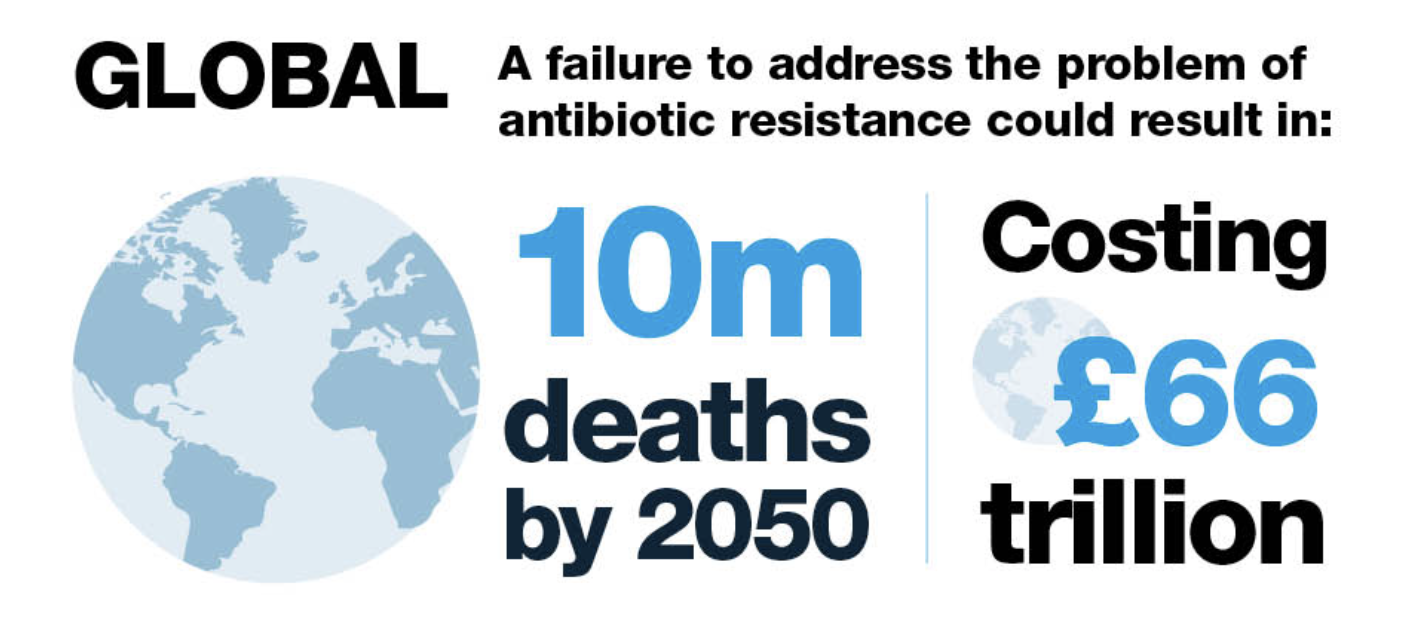- News & Views
- In The Press
- Awareness doesn’t equal behaviour change
Awareness doesn’t equal behaviour change
Published 9th Feb 2018 3 Min ReadIn the recent article for PharmaTimes, BIO CX consultant Max Crichton describes how digital can approach some of the major issues for the pharmaceutical market. Two in particular need addressing quickly: antimicrobial resistance and non-adherence to prescription.
Antimicrobial resistance
The World Health Organisation asserted recently that approximately 500,000 people in the world have developed resistance towards antimicrobial drugs, making antibiotics significantly less effective. This affects the capability to treat infections, manage diabetes, or even to support basic surgeries. This is largely a consequence of the increase in antibiotic use worldwide, often for (mis)treatment of cold, coughs or ear infections. In other words, viral illnesses that cannot be treated with antibiotics. In England alone, antibiotic use has seen a 6.5% increase over the last four years, and the global implications are dire – Public Health England's predictions for 2050 run to potentially 10 million deaths and costs of £66 trillion.

Source: Public Health England
Medication intake adherence
While the increased use of antibiotics is a major factor, the irregularity of medication intake has also decreased the effectiveness of treatments. This costs the NHS around £500 million a year, due to prolonged and more complicated treatment required by patients who don't adhere to taking medications as prescribed.
Digital Solutions
Developing new and enhanced antibiotics is costly and highly time-consuming. Digital solutions can offer ways to encourage medical staff to prescribe fewer antibiotics, and educate and support patients on the need for adherence. This can involve significantly lower costs and offers a more effective and sustainable solution, if built and implemented correctly.
Before developing solutions that can support such behavioural change, Max believes it is indispensable to first understand the key factors that stop patients from taking the medicines regularly or completing their treatment as prescribed.
- Non-adherence can be driven by both conscious (e.g. decision to take the medicine) or unconscious processes (e.g. environmental cues and habits formed).
- Individual patient’s beliefs about the treatment and the prescribed medicine, derived from their perception of personal need and their concerns about potential adverse consequences that go well beyond the medicine’s side effects.
- Difficulty with building habits of regular medicine intake.
- Misleading early perceptions of ‘feeling better’ that result in ending the treatment.
Government programmes such as ‘Keep Antibiotics Working’ are by nature impersonal, as they’re so widely targeted. Focus should instead be on individual patients to guarantee lasting behavioural changes. With the development of new ideas and technologies, a number of start-ups are moving into the health sector, enabling patients and practitioners to communicate more efficiently and conveniently, track progress, manage accountability and deepen the understanding of human behaviour during the medical treatment.
Max's conclusion is that current digital services should be extended to provide a channel of ongoing communication and feedback between a doctor and a patient. The potential benefits are huge, unlocking an invaluable support and advice on medicine intake and treatment duration that patients would receive from their doctors.
There is potential to extend the habit-creating and habit-reinforcing digital solutions that support patients with chronic illnesses. Recent technologies such as mySugr (supporting diabetes patients), mypill (supporting women with their contraception intake), or MangoHealth (supporting medicine intake) are stellar examples of digital services in the healthcare and pharma sector. Max believes that now is the time to start building technologies for patients in mind.